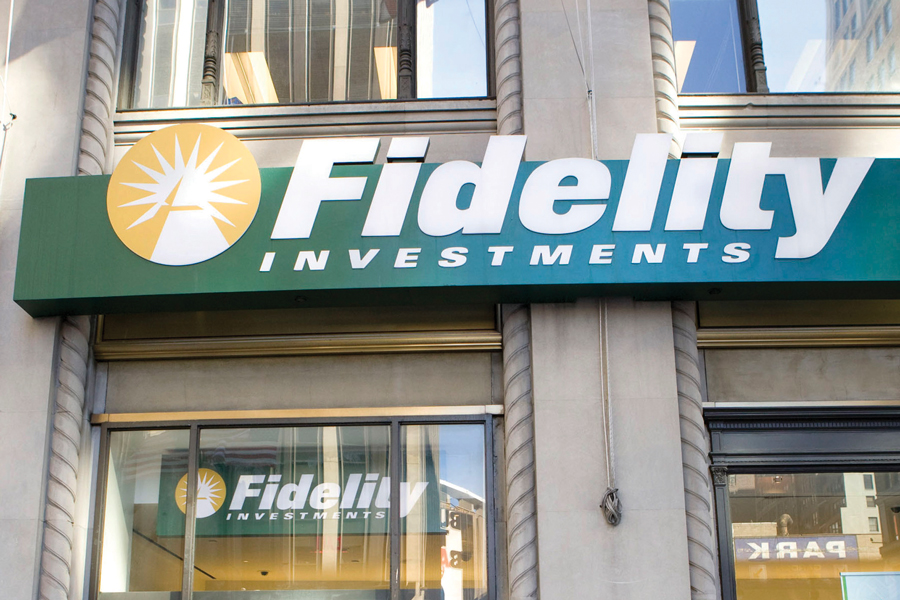

The country’s biggest 401(k) provider is seeking to build out its business in the brand-new pooled employer plan market.
On Thursday, Fidelity Investments became the latest company to register with the Department of Labor as a pooled plan provider. The Fidelity PEP, which appears to target small businesses, could significantly boost the company’s presence in that market – the bulk of its defined-contribution plan business is with large employers.
The service, which is expected to launch Feb. 1, has a $500 start-up fee and $1,200 annual cost for employers, according to data from the PEP’s website listed by the DOL. Participants pay a $100 annual subscription fee and pay 50 basis points for investment management. The employer and employee charges will be billed quarterly, according to the site.
The investments available in the PEP are all Fidelity mutual funds, including the company’s Freedom Blend target-date series.
The service also allows for companies to make matching contributions of 100% on the first 3% of employee deferrals and 50% on the following 2% of contributions, according to the site.
Fidelity is the named fiduciary and administrator for the plan.
The DOL began allowing pooled plan providers to register late last year, with the first such plans being able to launch Jan. 1. More than 40 entities had registered as pooled plan providers so far, according to the DOL’s site.
Go deeper on retirement at RPAConvergence.com.

Since Vis Raghavan took over the reins last year, several have jumped ship.

Chasing productivity is one thing, but when you're cutting corners, missing details, and making mistakes, it's time to take a step back.

It is not clear how many employees will be affected, but none of the private partnership’s 20,000 financial advisors will see their jobs at risk.

The historic summer sitting saw a roughly two-thirds pass rate, with most CFP hopefuls falling in the under-40 age group.

"The greed and deception of this Ponzi scheme has resulted in the same way they have throughout history," said Daniel Brubaker, U.S. Postal Inspection Service inspector in charge.
Stan Gregor, Chairman & CEO of Summit Financial Holdings, explores how RIAs can meet growing demand for family office-style services among mass affluent clients through tax-first planning, technology, and collaboration—positioning firms for long-term success
Chris Vizzi, Co-Founder & Partner of South Coast Investment Advisors, LLC, shares how 2025 estate tax changes—$13.99M per person—offer more than tax savings. Learn how to pass on purpose, values, and vision to unite generations and give wealth lasting meaning
